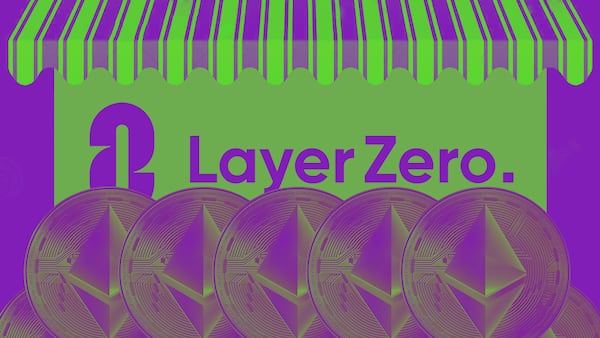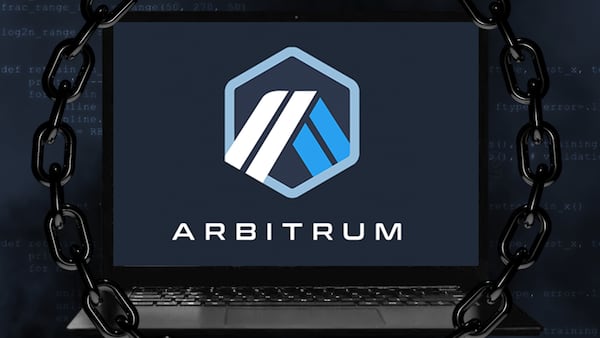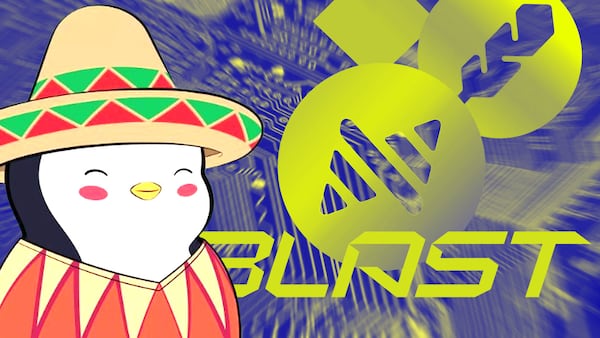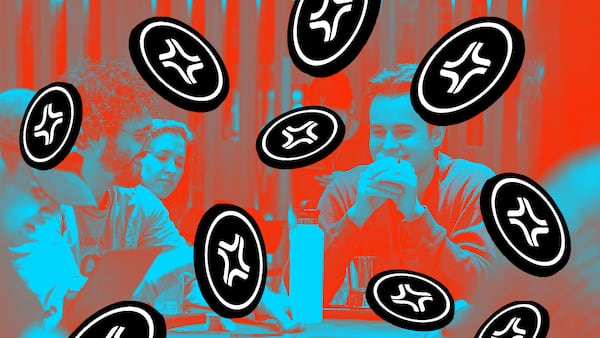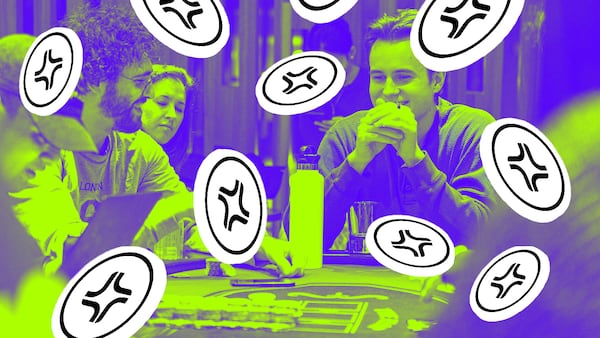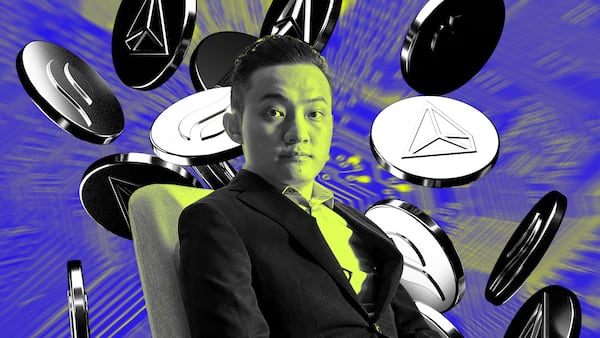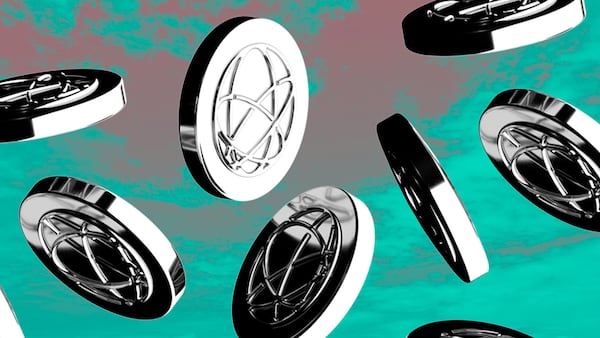- Protocols that award points to their users are proliferating.
- Point systems typically hint that a protocol is preparing for an airdrop.
- There are potential regulatory benefits to points.
- But some find them predatory.
Rewards programs pioneered by NFT marketplaces Blur and Tensor are taking over decentralised finance.
DeFi protocols that award points to users who complete certain tasks — such as trading or locking up one’s tokens — have found a new way to attract and influence users, proponents say.
Perhaps just as importantly, however, those protocols may have found a way to sidestep a perilous regulatory debate.
“There’s a meme now, that’s like: ‘Points are the quantitative representation of a user’s contribution to the network,’” Parcl co-founder Kellan Grenier told DL News, mocking the stilted tone of press releases and blog posts that detail projects’ newly launched point systems.
That’s what every project says, at least. But most people understand that points suggest the protocol in question is considering an airdrop, a distribution of free, newly minted tokens.
Airdrops are intended to reward longtime users and can be worth tens, or even hundreds of thousands of dollars for some.
As such, people often flock to protocols they suspect of planning an airdrop.
Some projects keep those plans under wraps, to ward off mercenary users looking for a quick buck.
Others hint at future airdrops, happy to attract new users and their money.
Hinting at an airdrop while dictating exactly which activity is considered most valuable and deserving of reward, as point systems do, allows projects to direct user behaviour like never before, according to people who spoke to DL News.
They can also draw users without actually promising a token — useful in countries such as the United States, where the legal status of tokens is contested.
But some find the arrangement predatory.
‘This is critical’
Blur, the largest NFT marketplace by trade volume, is often cited as the first crypto project to successfully introduce a points system when it debuted in October 2022.
Since then, point systems have been introduced or announced by NFT marketplace Tensor; crypto wallet Rainbow; social media platforms Friend.tech and Warpcast; Ether restaking protocol EigenLayer; and Solana DeFi protocols Solend, Kamino, MarginFi, and Parcl, to name a few.
Parcl is a DeFi protocol on Solana that allows users to speculate on real estate prices around the world. Last week, it announced a points system of its own.
Grenier recalled watching Blur and Tensor eat market share from competitors OpenSea and Magic Eden. He thought it might be something Parcl could implement.
His hunch was confirmed this summer, when friend.tech, which has its own points system, took off. He now says points are necessary to survive in the hyper competitive crypto ecosystem.
“This is critical,” he said. “We thought, if we didn’t have a points program that it would be hard to maintain attention on our product, and hard to attract new people or new dollars.”
Beta testing
The benefit can be substantial.
MarginFi detailed its own points system on July 3. Within two months, its crypto deposited in MarginFi had increased sevenfold, to more than $21 million, according to DefiLlama data.
It is now one of the most frequently-cited protocols by people who compile lists of potential upcoming airdrops.
“We wanted a real way to quantify user quality/activity. This was a step in that direction,” founder MacBrennan Peet told DL News. “There’s a lot we plan to do with it from here.”
The benefit goes beyond drawing new users and money, however.
“If you want to move capital into a pool or get people to explore new products across your platform, you can incentivize those things with points,” said one partner at a crypto venture capital firm, who requested anonymity to speak candidly about a topic whose legal status is still murky.
“Some people think of them as another proxy for tokens,” the partner said “But the sophisticated operators think about them as a way to sort of beta test prior to going to market. Because most points campaigns have been prior to token generation events.”
Trevor Bacon, one of Parcl’s co-founders, said it was another example of crypto’s ability to put a new spin on finance.
“It’s completely unique to blockchain,” he said. “Loyalty points do [exist], but it’s not for ownership of the network. Like, you get loyalty points at Delta, [but] you don’t own Delta stock.”
‘Lawyers love points’
In the US, where regulators are cracking down on crypto, points can also let projects defer the legal headache that could sometimes follow token issuance.
“For a certain set of teams that are risk averse, or in highly regulated jurisdictions, points are a way for them to sort of engage in marketing activity prior to having regulatory clarity,” the VC said.
“In order to issue a token, your legal counsel has to sign off on it. And there’s different opinions from different legal counsels. … While they’re still figuring that out, points offer them the ability to engage the market and you know, get users, add liquidity into their systems without having to issue a token.”
When asked whether he’d heard that argument, Grenier declined to answer directly.
“As far as we know, lawyers love points,” he said.
Counterpoint(s)
But points have their critics.
“Users pay fees to earn points which have no known value, no timeframe for distribution, and can be changed retroactively,” Solend said in a blog post announcing its own points program. “They take advantage of lofty expectations and avoid accountability.”
Solend’s pseudonymous founder, who goes by Rooter, said most points programs capitalise on “hype and FOMO.”
“Some projects are abusing this by teasing an airdrop for months,” Rooter told DL News. “The original incentive program (liquidity mining, pioneered by compound) is better for users since it’s open rather than being a black box.”
Solend already has a token. The rewards for accruing points on the platform are specified, as is the program’s timeframe.
Whatever the pitfalls, protocols are riding the wave.
“The beauty is that the pie is growing for everyone, which is fantastic,” Grenier said.



